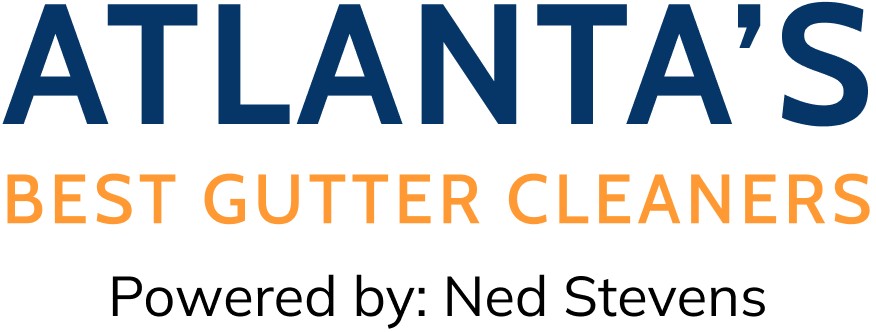This is a question that doesn’t come up often, but sometimes does, especially with repairs, which because of the expertise involved, length of warranty, and high cost of insurance (especially with any roof repairs), prices can sometimes seem high. They aren’t, but people have their own way of determining what repairs should cost, usually only thinking that our only cost is labor and materials, and not considering all the other costs involved in running a professional company. Every service that is done we must pay insurance on that service, and especially for things like roof repairs, which can possibly leak of not done property, the insurance is extremely high. Also, we give a warranty for our repairs, just like the protection plan you get at Bestbuy for your computer or TV. Then there are a multitude of other costs, payroll taxes, accounting, advertising, office expenses, medical insurance, materials, etc. Customers will sometimes look at the work and think we should charge what a handyman or unlicensed or uninsured service would charge, but we simply can’t.
In these instances, the question may come up if the prices we charge are fair or not. Our prices are determined with two formulas that are put together:
1. We determine all our company costs for each service, including time involved, and divide these costs with every service with am average 10-30% markup (depeding on the specific service) on costs for our profit.
2. We call all over to our similar sized and structured competitors and see what they charge, and we charge anywhere from 10-30% less than what they charge (depending on the specific service).
We check gutter cleaning prices every two week, pressure washing and repair prices every month, and gutter and cover install prices every month. We call, just like any customer would, and ask general questions to determine the companies going rates. We do not call uninsured companies or companies that operate illegally. We record every one of these calls and, upon a cusotmer’s request, we are glad to pay a sampling privately, however ethically we wil not post the calls online.
The first calculation method gives us a reasonable price to charge, and the second method helps us adjust based on the market. On our invoices, we have printed prices based on what the overal averages of repairs are in our industry, based on years of doing this research. We will sometimes discount these printed prices based on the quantity of work being done, current prices of our competitiors, and what our current costs are (ie higher gas prices means repairs cost more). The printed prices protect the customer because it creates a line for which our crews cannnot charge more than, or what would be considered price gouging. This keeps our crews honest, and honors our company’s second core value, Integrity.
In the end though, our prices are what our prices are. We can’t make anyone hire us for a service, we can just offer our service at a price we determine to be fair. If we are providing a fair price for a good service, people will hire us. If we overcharge, then we’ll go out of business. Competitive pricing is like an election, and customer’s vote with their money. If a customer questions if our prices are fair, all we can do is provide our campaign, and hope they vote for us.
